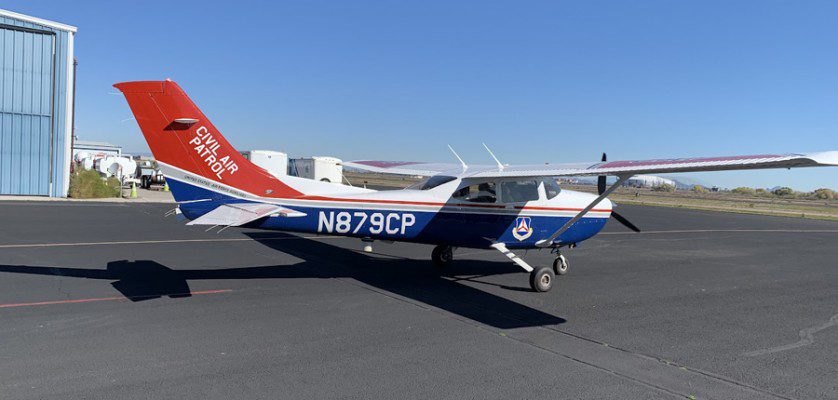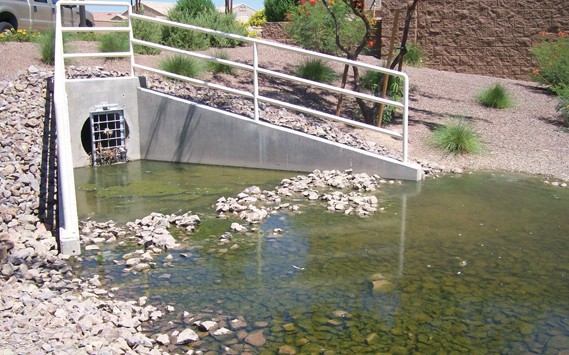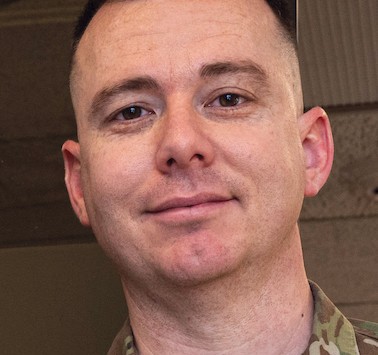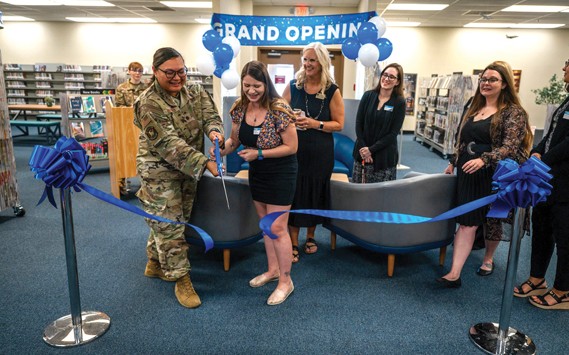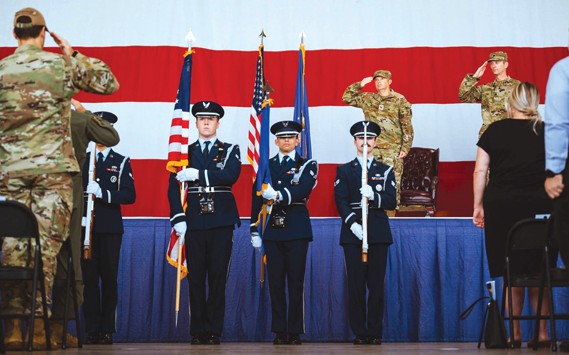The U.S. Air Force has many entities that contribute to the ‘Total Force’ concept, this concept emphasizes the importance of non-active duty entities, such as the National Guard and U.S. Air Force Reserves.
The Civil Air Patrol is another organization that plays an important role in the total force concept.
As a nonprofit organization, CAP, which recently celebrated its 80th anniversary, serves as the official civilian auxiliary of the Air Force with the mission to volunteer to serve America’s communities, save lives, and shape futures.
CAP has a fleet of 560 single-engine aircraft, approximately 2,000 small unmanned aircraft systems, and performs about 90 percent of continental U.S. inland search and rescue missions as tasked by the Air Force Rescue Coordination Center. Personnel at Luke Air Force Base, Ariz., have the opportunity to volunteer through the non-commissioned officer program with CAP to educate and inform CAP cadets of the mission and opportunities available in the Air Force, as well as encourage them to be active participants in their communities.
“The NCO program is important because it brings the NCO leadership and military skills to the [CAP] program,” said retired U.S. Air Force Master Sgt. George Risinger, deputy commander of CAP’s 388th Composite Squadron in Glendale, Ariz. “As an Air Force NCO, we are familiar in training and mentoring our younger troops. Since we wear the Air Force uniform, NCOs are able to assist members on uniform and grooming standards. NCO’s military experience can quickly be integrated into the CAP missions. Our military training can be used to enhance CAP capability during humanitarian and Air Force tasked missions.”
Luke AFB and CAP members work together regularly to help accomplish each other’s missions.
“[Support] is really a two-way street, with CAP members supporting nearby military installations and also benefiting from the opportunities offered to them,” said Maj. Margot Myers, CAP Arizona Wing public affairs officer. “One great example is that CAP supports the airshows at both Luke and Davis-Monthan Air Force Bases. CAP provides a STEM display and activities for airshow visitors, along with a static display of a CAP airplane. Active duty Air Force members also have provided opportunities for cadets to tour base facilities, fly simulators, and learn more about future careers in the Air Force.”
There are opportunities in CAP for any Air Force members or retirees, no matter their rank, to serve. Pilots are always in demand, but CAP also needs people with a variety of skills, from administration and personnel to finance and safety.
The Arizona Wing of CAP currently has more than 1,100 adult and cadet members, including 215 qualified aircrew personnel and 726 emergency responders.
It is an essential branch of the Air Force and the total force concept. They have completed many missions, including 12 search and rescue and three disaster relief missions in 2020. In addition, they provided COVID-19 relief by distributing test kits and personal protective equipment and transporting completed test kits. The Arizona Wing-based Operation Pulse Lift emergency blood donation mission has supported the collection of nearly 8,500 units of blood across the U.S. during the COVID-19 pandemic, potentially saving more than 25,000 lives.
“To join CAP, you will need to find the nearest CAP squadron, contact the CAP point of contact and arrange to attend a couple of their meetings,” said Risinger. “Once you have attended a few meetings, we will schedule a membership board to discuss with you the program and requirements.” A squadron locator and more information about membership are available on the CAP national website, www.gocivilairpatrol.com.
To be a cadet, you must be at least 12 years old and no older than 18. To be an NCO in CAP, you must be at least a staff sergeant, active duty or retired with an honorable discharge. Cadets who are already in the program before they turn 19 may remain up until their 21st birthday, at which point they will transition to the senior member category.
To find more information on how to volunteer or join CAP, email contact@azwg.org.






